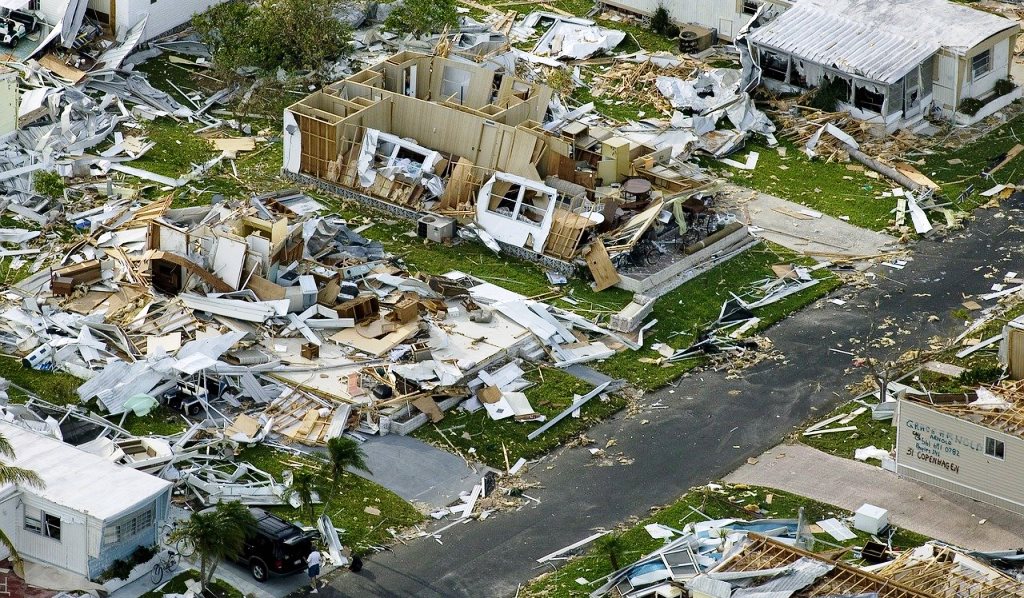The Federal Emergency Management Agency (FEMA) has made $3 billion available for two resilience grant programs that help communities become more resilient to climate change, associated extreme weather events and other hazards.
The funding level for the Building Resilient Infrastructure and Communities (BRIC) annual grant program, which funds projects that protect people and infrastructure from natural hazards and the effects of climate change, will more than double to nearly $2.3 billion.
The Flood Mitigation Assistance (FMA) program, which funds projects that mitigate flood risks facing homes and communities, is seeing a five-fold increase to $800 million. These levels are bolstered by nearly $900 million through the Bipartisan Infrastructure Law: $200 million for BRIC and $700 million for FMA.
The agency anticipates opening the submission period no later than September 30, 2022. Communities interested in participating have until January 27, 2023 to submit an application.
The Flood Mitigation Assistance and BRIC programs provide funds to states, local communities, tribes and territories for eligible resilience activities to build a culture of preparedness and strengthen the nation’s readiness for extreme weather and other hazards.
These pre-disaster programs fund projects that invest in a more resilient nation, reduce disaster suffering and avoid future disaster costs, particularly in disadvantaged communities in the face of extreme heat and more severe floods, wildfires and hurricanes.
Aligning with the Administration’s Justice40 Initiative, the Flood Mitigation Assistance and BRIC programs aim to deliver 40% of the overall benefits of climate, clean energy, affordable and sustainable housing, clean water and other investments to disadvantaged communities that are marginalized, overburdened and underserved.
Using money from the Bipartisan Infrastructure Law, FEMA is increasing the federal cost share to 90% for socially vulnerable communities to lower the financial burden on certain resilience activities. The agency plans to assist federally recognized tribal governments and disadvantaged communities with conducting the Benefit-Cost Analysis for resilience projects to meet eligibility requirements.
FEMA is also expanding investment in the BRIC’s non-financial Direct Technical Assistance to at least 40 communities in the next grant cycle to help build capacity and capability at the local level.
Direct Technical Assistance reduces barriers a community may face that could prevent them from accessing the BRIC program. FEMA is transforming the initiative to a more flexible, customer-focused format to support more communities with building and sustaining successful resilience programs, submitting high-quality applications and implementing new and innovative projects that reduce risk and increase resilience.
FEMA will share additional information on BRIC’s Direct Technical Assistance with stakeholders. Interested applicants may also visit the BRIC Direct Technical Assistance webpage to find information and detailed instructions on how to submit an application once available.
The application period for the BRIC and Flood Mitigation Assistance grants are be available on Grants.gov.
Eligible applicants must apply for funding using FEMA Grants Outcomes, the agency’s grants management system. Submit applications in FEMA Grants Outcome Portal no later than 3 p.m. EDT on January 27, 2023. Applications received by FEMA after this deadline will not be considered for funding.
Photo of hurricane damage via Pixabay.

